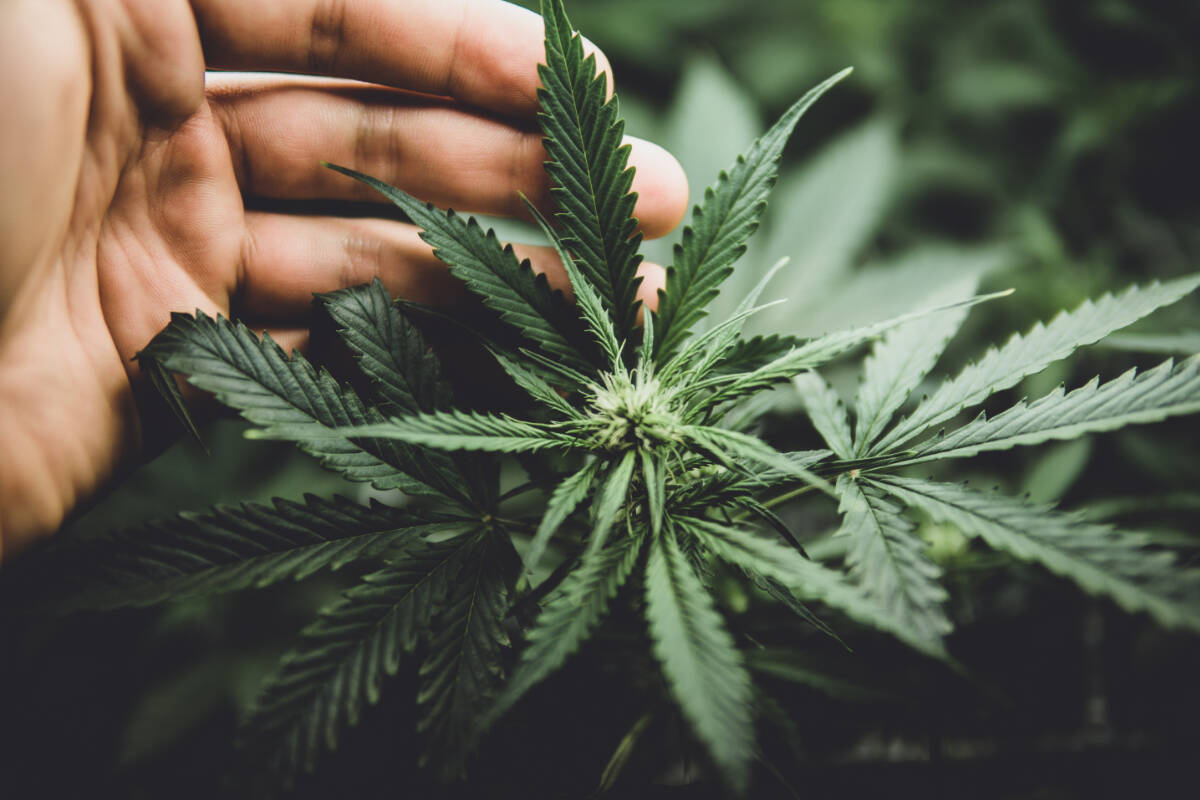By Lawrie Crawford, Local Journalism Initiative Reporter
YUKON NEWS
Yukoners will be getting a card in their mailboxes with an offer they shouldn’t refuse.
Health and Welfare Canada is funding a study that pays $20 to people with a mailbox and an email address willing to answer an online survey about cannabis and a few other drugs.
The survey will span all three northern territories and runs from Sept. 12 to Oct. 31. Insights from the survey will be used to improve aspects of legalization, regulations, and policies.
The researchers want to find out what types of cannabis are most used and not used by people across the North. The research in the three territories is a subset of larger international cannabis policy research study that will be conducted in all provinces, the U.S., New Zealand, Switzerland and the United Kingdom.
READ MORE: BC plant propagation facility signs deal with major cannabis provider in Canada
The principal investigator, David Hammond, PhD and Research Chair at Waterloo University, spoke with the News on Aug. 31. He said that the regulatory process around cannabis products is not complete. Making guidelines and rules is especially challenging because of the many different types of products and ways it can be ingested.
He says no other substances are so varied in their form or how they can be used. He added that the users and their reasons for using cannabis products are quite different from one another. People self-medicate, use different forms recreationally, use it for pain relief, or as a sleep aid. The potency is problematic for regulators trying to make rules around advertising and recommended use.
He reminds that the most used drugs — tobacco, alcohol and cannabis — are all legal, and that the heaviest consumers live in the North.
“Years of regulation of tobacco and alcohol have not got it right yet,” he said.
READ MORE: Researchers urge more limits on edibles after finding jump in kid cannabis poisonings
The study came about through connections Erin Hobin made during the 2017 alcohol labelling experiment with the Yukon Liquor Corporation. Hobin is a senior scientist with Public Health Ontario and the co-lead on the territorial study. In 2017 she was working with Dr. Brendan Hanley in his role as chief medical officer and John Streicker when he was the minister responsible for the Yukon Liquor Corporation.
She learned through that experience how difficult it was for territorial governments to find data to inform decisions related to substance use, abuse and addiction. It was during this time that Dr. Hammond was launching his study across Canada aiming to evaluate cannabis legalization and focusing on key public health outcomes.
At the time Hammond’s study was only slated to run in the 10 provinces. As he learned from from Hobin and her conversations with territorial chief medical officers, he realized that the shortage of data in the north, in his words, “are a national embarrassment.”
Hammond and Hobin wrote a grant proposal to Health Canada under the alcohol and drug research program and were funded. The first wave of three waves ran in 2019 across the North, with the majority of responses from the Yukon. The report from that wave will be released in the coming weeks.
At first the northern study was only to be conducted in Whitehorse, Yellowknife, and Iqaluit, but during the consultation held with the community leaders they realized just how different the rural and urban patterns are.
And so, they were advised to broaden the study outside of the three cities.
“We took that feedback very seriously and revamped our recruitment strategy so that we could as broadly as possible recruit participants from across all three territories,” Hobin said.
Hobin is totally aware that the study is limited only to people with an address and access to an internet connection. The survey can be completed on a phone, but the respondent will need an email address and a bank account to receive the $20 thank you.
Only one person from each household will be able to fill the survey out using a unique PIN, and they must be over 16 years of age.
“The real purpose of this cannabis policy study is to provide ongoing evidence that can be used by local decision makers to inform current and future cannabis policies and the territories,” Hobin said.
For the study to have meaning and usefulness to people who make recommendations and decisions — the number of people who fill out the survey is very important. The higher the number of respondents the more people in different age groups the participation of people from rural Yukon users and non-users of cannabis products alike, will all contribute to an understanding that can be used to reduce harms.
Dr. Hammond explained the importance of the on-going research into cannabis and its contributions to assessing what regulations were working well and which need to be strengthened.
Their research license requires that the information collected is dispersed back to the northern communities, and not just hoarded in academia. The two principals on the project are willing to do small presentations about the results, possible interpretations and discussing how the data could inform decisions.
Find the latest must-read stories from the cannabis world at canadianevergreen.com, your go-to source for news, trends, products and lifestyle inspiration from the cannabis community and beyond. You can also follow us on Facebook and Instagram and Twitter.

